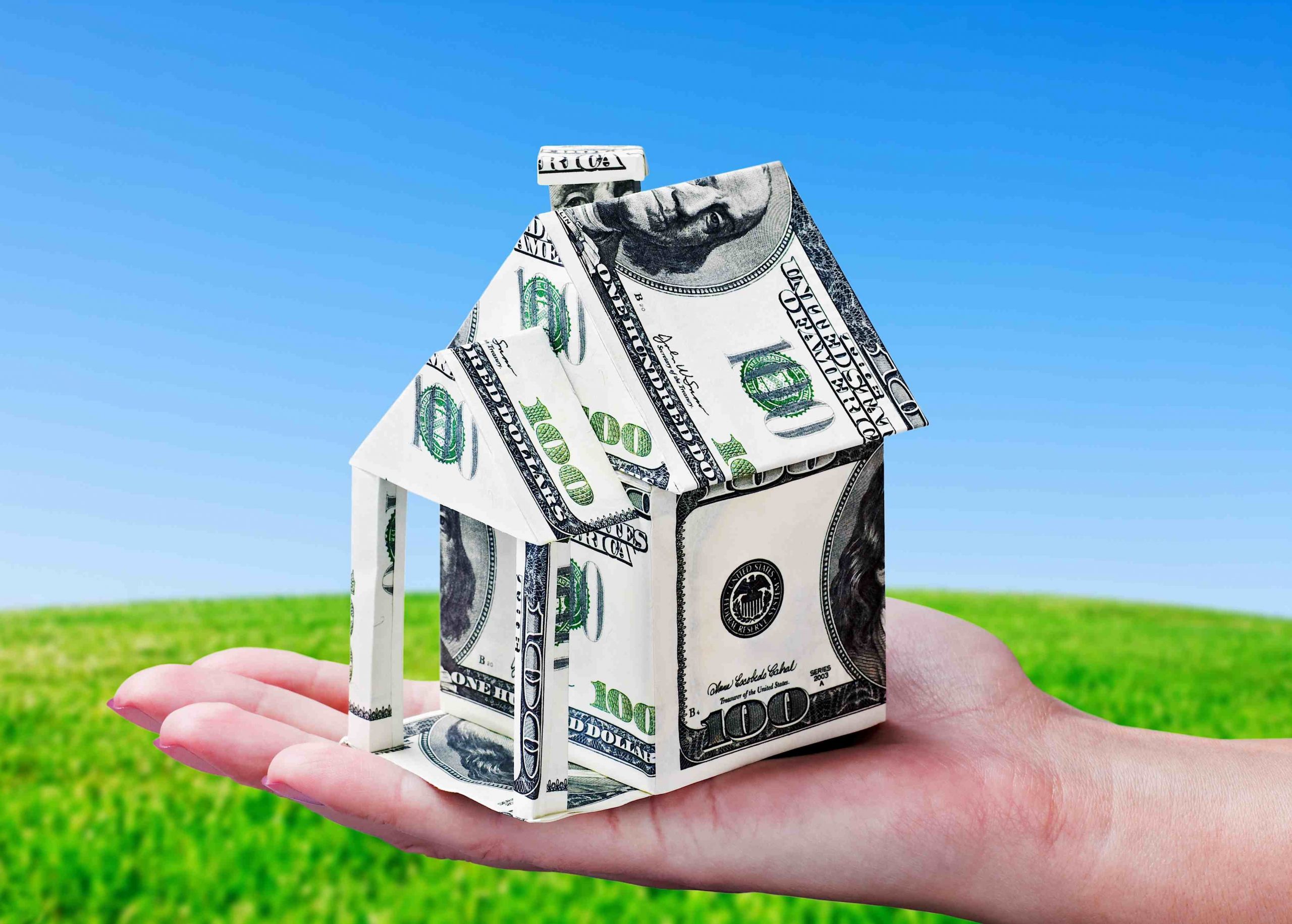What to Expect from the Fed Interest Rate Hike


If you’ve been even slightly keeping up with recent financial news, you’ll know that the Federal Reserve finally increased interest rates, after discussing the move for a long time prior. As of March 16, 2022, rates moved by 25 basis points — with huge implications for the real estate market.
Let’s look at what the policy means and how investors should react.
The federal funds rate is changed as a way of managing the economy. Given recent turbulence — such as the impact of the pandemic, rapidly rising inflation, and increasing gas prices — the government is using every tool in the box to keep the country stable. Raising the federal rate helps with this because it makes borrowing more expensive, encouraging people to save instead of spending.
This marks a stark contrast from previous policy — ever since the financial crisis of 2008, the Fed has kept interest rates low to stimulate spending and encourage economic growth. However, too much spending and growth eventually means more inflation, which is actually what we’ve experienced over the last few months.
Although technically the rate increase only impacts banks that want to borrow reserve balances, they get passed on to consumers since these same banks are also lenders and must continue to cover their costs. Then, as consumers face higher interest rates, it also becomes more expensive for them to borrow — and more profitable to save.
So far, we’ve spoken about increasing Fed rates as if monetary policy is an exact science and there could never be any negative consequences from raising rates. But this isn’t the case — although higher rates can be effective at fighting inflation, this tends to come hand-in-hand with reduced growth. In fact, if the policy is too effective, it could even end up causing a recession.
Basically, you can have too much of a good thing, so it’s important to watch the consequences of the rate hike carefully — especially if you’re a real estate investor that could be directly impacted.
We’re still very early on in the process, but one of the indicators we can look at is the beliefs on what’s likely to happen to the federal funds rate in the future from the Federal Open Market Committee (FOMC) participants, who help to make these decisions. So far, the median prediction is a federal funds rate of 1.875% — that’s a stark rise compared to the current rate, suggesting that the increases we’re seeing now are just the beginning.
In fact, it seems that we’re likely to experience an even higher rates increase, with FOMC participants expecting rates of around 2.4% over the next couple of years — that’s around the highest rates have been in recent years. However, once we reach this high point, it’s likely the Fed will start to reduce rates again to ensure economic stability.
As a real estate investor, one of the figures that most interests you will almost certainly be mortgage rates. You might assume these are closely linked to the Fed rates since we’ve said increases make borrowing more expensive, suggesting banks would also charge consumers higher mortgage rates. Yet in reality, the Fed’s target rate doesn’t seem to have much impact on mortgages at all.
Historically, there hasn’t been a correlation between the federal funds rate and the rates for a 30-year fixed-rate mortgage. However, there has been a positive correlation between mortgage rates and the yields for 10-year Treasury bonds. Although the funds rate is one factor that determines the yields on bonds, many other aspects also have an influence — including current affairs and activity in the stock market.
Considering the bond yields have increased so far in 2022 (thanks to inflation), it’s reasonable to expect that mortgage rates are also going to rise. They could reach close to 5% by the end of the year, which is much higher than recent times but still relatively low in the scheme of things.
Another salient question is what will happen to property prices. The more mortgage rates increase, the more expensive mortgages become, which in turn will reduce the number of buyers able to afford them. As a result, it’s reasonable to expect property prices to fall.
Yet things might not be quite simple in the current climate considering the high demand for houses from all quarters — including Millennials looking to get onto the property ladder for the first time and investors looking for a safe asset.
It’s hard to say which force will ultimately win.
There’s a lot going on in the property market at the moment, and it’s going to be a fast-moving environment for the rest of 2022. With rising funds rates and mortgage rates likely, the best thing you can do is keep your finger on the pulse when it comes to the last policies and changes in property prices.
At New City Financial we strive towards continued excellence when providing our clients with fast funding, refinancing guidance and terms that make sense. Click here to get a Cash Out Refinance or Traditional Refinance Quote, or simply call us at (855) 848-2862.